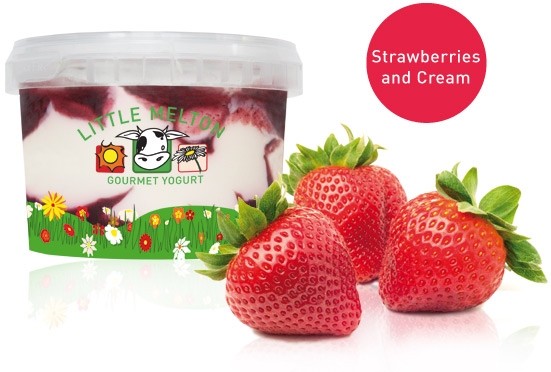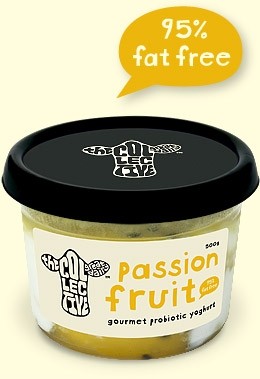Gourmet yogurt firm bids for £2m turnover

UK general manager Mark Collins told FoodManufacture.co.uk about Little Melton Gourmet Yogurt's amibitious plans to grow turnover. It has already employed six staff and expects to employ around 20 overall within the next 6-8 months.
“We don’t think it’s unlikely that we could reach a £2m turnover within 18 months and then go onwards and upwards. We’re a $5.5m [£2.62m] brand in New Zealand, and we reached that stage in just under three years [after a launch in October 2008].”
Gourmet yogurts
Although some yogurt recipes originate in New Zealand and stem from the Piako brand there, Little Melton is registered in this country and Collins said he wanted Little Melton (which is named after the village west of Norwich where it is based) to be seen as a UK company, employing British people and using local ingredients such as milk and cream.
Asked whether the move marked the start of a gourmet yogurt trend in the UK, Collins said: “It’s a growth sector and one of the reasons why we’re here, although we’re not taking on Müller or Yeo Valley.” However, he emphasised that the sector only formed one part of a UK yogurt industry worth £1.2bn, according to Kantar Worldpanel figures for the year to May 2010.
This was because of Little Melton’s premium appeal, he explained, with products – which contain milk, cream, probiotic cultures derived from honey, skimmed milk powder and a stabiliser – marketed as a yogurt/dessert cross.
Premium appeal
Aside from listings with local East Anglian shops, the firm has already struck a deal to supply Harrods and hopes to secure more retail listings.
Collins has pioneered similar startups in Australia and the US, and he said that although some recipes were the same across all four countries, concessions were made to local tastes and the desire to use fresh fruits wherever possible.
For instance, in the UK the company was producing pear and strawberries and cream flavours, while in New Zealand a passion fruit flavour (not available here) accounted for around 60% of turnover for the business there.















